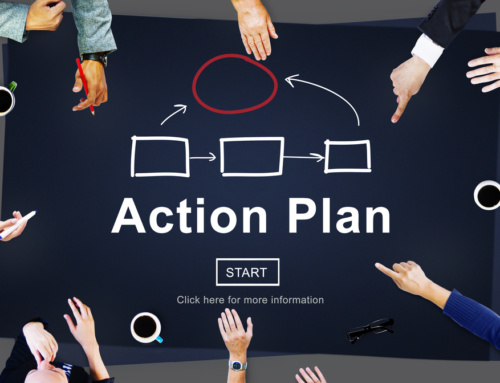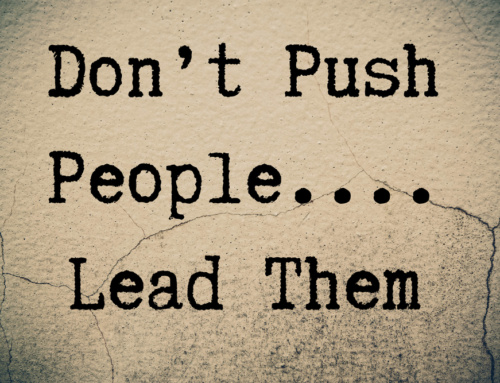The Promise of the New Year:
I’m as guilty as the next person of finding the annual resetting of the calendar a cathartic cleansing, where the failures of the past year are suddenly washed away and replaced by the empty and unknown space filled with promise and seemingly endless amounts of time stretching out in front of us.
There is something remarkably powerful and alluring about the annual chance to start over, right wrongs and vow to do things right in the new year.
However, we all know that resolutions typically start as good intentions early in a new year and often end up as regrets later. At some point early in the calendar (usually February to judge by the drop-off in attendance at the health club), we cross a threshold where we mentally give up on the resolutions for now and resolve to succeed sometime soon.
Resolve to Resolve Daily, Not Annually
Instead of falling victim to this predictable professional development doom loop, skip the annual resolutions and start refreshing them daily.
Your challenge is a daily one, requiring you to manage your practices and habits in a program of continuous self-improvement. You don’t get a day off or a holiday from striving to improve your effectiveness guiding, helping, and developing the people around you.
Of course, identifying the right improvements requires you to have a real-time feedback system and the ability to keep your ego in check while processing on the daily evidence on your performance.
For effective leaders, identifying areas to strengthen and weaknesses to work on or avoid is a daily ritual. Ineffective leaders are blind, deaf and dumb to these issues.
Five Key Questions Effective Leaders Ask and Answer Daily
Keep a journal, and ask and answer the following:
1. How am I impacting the performance of my team members?
Are they growing, excelling, innovating, problem-solving, and challenging me to give them more? If not, it’s time to look in the mirror.
2. What are they saying and not saying about my performance?
Open your eyes along with your ears. Ask a trusted colleague (a swim buddy) and welcome a robust answer.
3. Are people comfortable approaching me for help?
If not, chances are they are frightened of showing you they need help and you need to fix that.
4. How do people respond to me?
Do they shrink or grow in my presence? Do I draw out the best in them or struggle to draw out ideas and approaches? If it’s the latter, you’re the issue.
5. Are people comfortable raising the tough issues around me?
Can they speak truth to power secure in their safety and confident you will be receptive?
Leaders: Learn to Assess and Improve Daily
Ask these questions of yourself regularly, and most importantly, ask your team members and peers these questions and take notes. Like athletes focused on strengthening their performance, small, often subtle changes can have a significant impact on outcomes.
Keep a journal of mistakes and successes. The act of recording these items reinforces your efforts. Run an anonymous survey with your team members every few months and publicize the results and your efforts to improve. Engage a coach.
Establish a routine. Every day, take a few minutes to assess:
- What worked today? Why did it work?
- What didn’t? What went wrong? What did I do wrong?
- What do I need to do more of tomorrow?
Make this your routine. And then recognize that each day offers a fresh start and an opportunity to succeed at every encounter.
The Bottom-Line for Now:
Effective leaders operate with a constant sense of renewal driven by an intense desire to succeed and to help others. They are relentless in striving to understand: What’s working? What’s not? What can I do better? And then they get to work. Daily.
![]()







Leave A Comment